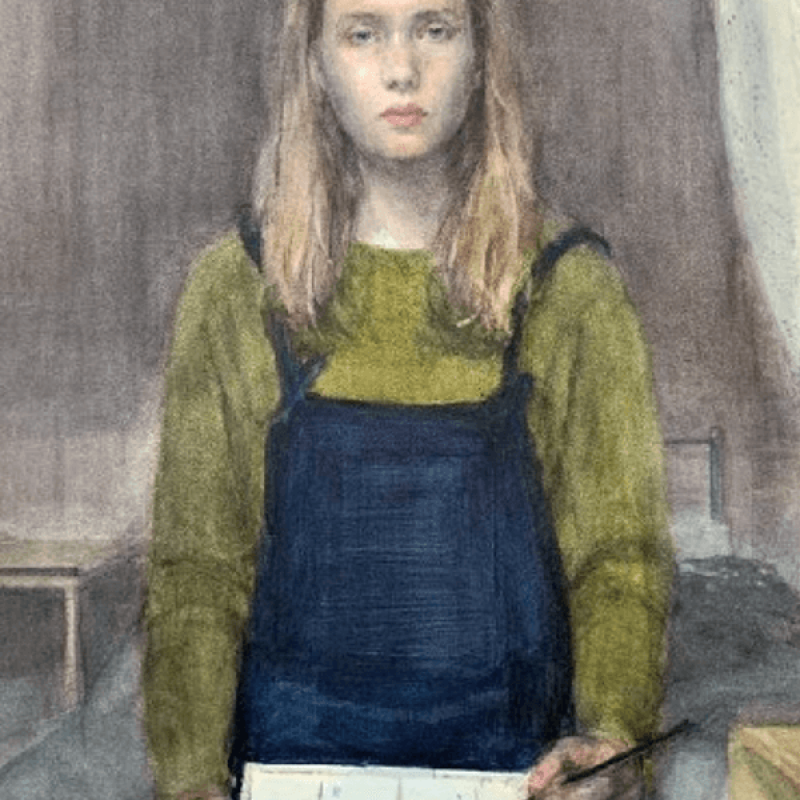

Drawing BA(Hons)
Push your drawing practice into the professional realm.
Course overview
Explore the versatility of drawing on this stimulating studio-based course. By investigating material, digital, spatial and conceptual processes and approaches, you’ll become an independent and ambitious critical thinker, identifying a wide variety of social, public and professional contexts for your work.
You’ll be supported to experiment freely and take creative risks as you generate innovative visions, proposals and concepts to self-initiated projects and live briefs. You’ll graduate as an entrepreneurial, resilient and resourceful practitioner with a unique portfolio and equipped with the technical and transferrable skills needed to forge an exciting career in the creative industries and beyond.
Why study this course at Falmouth?
- Develop your practice and collaborate with peers in Falmouth’s renowned School of Art studios and facilities.
- Work on exciting projects with a wide range of partners such as Trelissick House, Wheal Martyn Clay Works, Gallery Tresco, R.K. Burt Paper Gallery, and ShelterBox Truro.
- Enhance your practice and research through inspiring off-site visits.
- Produce a distinctive body of work and stage it in a public exhibition curated alongside the work of your peers.
Course details
On this Drawing degree, you'll have the opportunity to gain a BA(Hons) degree over three years or the option to study Drawing BA(Hons) with Integrated Foundation Year and/or a professional placement.
You’ll be supported by expert practitioners and researchers to test and refine your drawing practice, building technical skills and a critical understanding of your work.
Working individually and collaboratively, you’ll consider the world around you and develop presentations, shows and portfolios that showcase an ethical and boundary-pushing approach to drawing and the wide array of future real-world applications for your practice.
Working in our dynamic studio environment you'll take on a series of projects to develop drawing-specific skills and concepts within a range of contemporary arts contexts. You’ll start to develop rigorous research skills too, understanding where your own practice sits within the 21st century cultural landscape. You'll also have opportunities to show your work in the studios and engage with peers across all three years.
Modules
Practice in Context 1
This module introduces key contemporary and historical art contexts, developments, and debates, helping you to extend the scope of what subject-specific practice is and can be. You’ll be introduced to the vocabulary, concepts, and contexts to be able to analyse artistic practice. You will also be introduced to academic writing and research conventions appropriate to a range of arts contexts.
Press Play
Through technical workshops and inductions, you’ll be supported to kick-start approaches to your artistic practice and establishing ambitious lines of inquiry: testing boundaries, taking risks and experimenting. This module will also establish the ways that theory and practice are in dialogue with each other and will introduce you to a range of contemporary and historical art practices, cultural and theoretical issues, debates, and contexts such as socio-political, economic, and environmental dimensions of art in the 21st century.
Practice in Context 2
You will be introduced to a range of themes and trends that have shaped contemporary artistic practices, reinforcing the connections between critical and contextual knowledge and your developing studio practice. You will start to consider possible ways to situate your own work and make connections between research, your own practice, and contemporary industry. You will also engage with academic source material and develop strategies for analysing, researching, and writing about art.
Initiating Practice
This module will strengthen your understanding of what it means to have and maintain an independent and ethical artistic practice and will support you to further explore methods for practice-based research. The module will also provide opportunities to explore different modes of display and consider audience experience, interaction, and participation as you work with your peers to construct a group exhibition.
In the second year of your Drawing degree, you'll delve deeper into your own practice, developing your technical prowess whilst learning how to articulate and present your work in a broad range of professional and public contexts.
Modules
Sustained Personal Enquiry 1
This module will support you to develop skills of critical analysis in relation to the language of drawing. You will be encouraged to explore new research territories to complement the evolution of your studio practice, as well as developing presentation skills as a tool for creative professionals, delivering a visual contextual presentation to an audience of peers and staff.
Situating Practice: Studio
Taking place in the studio and technical workshops, you will develop a new body of work focusing on process, material investigation and technical experimentation. This will help you to identify themes and contexts that emerge from thinking through making and how you ‘tell the story’ of your practice and research, situated in real-world contexts.
Sustained Personal Enquiry 2
This module will support you to generate a portfolio of research. You will be introduced to core research methodologies and then apply methods for planning and organising your research. In addition, you will explore a range of strategies for undertaking critical reading and experimental modes of writing.
Testing Ground: Collaboration
This module will focus on expanding your knowledge of public arts platforms, including arts festivals and how they operate. Working in exhibition planning groups, you will identify and work towards a live context for your current practice. Each group will contribute to planning and preparing a public facing arts festival and the group curation of your practice.
Testing Ground: Studio
During this module, you will challenge and test established conventions within your practice. The emphasis will be on experimentation and risk-taking through the practical business of making. Through a combination of seminars, tutorials and peer review you will articulate and receive critical feedback on your work. You will curate a body of work into an organised portfolio with a supporting artist statement.
You can choose to take an optional professional placement after your second year on a three-year programme, or after your third year if you’re studying for a degree with an Integrated Foundation Year.
You’ll be responsible for finding your own placement, with support from the employability team.
Choosing this option will enhance your industry experience and skills while studying.
How you’ll study during your professional placement
You’ll spend time working in a professional context, as part of a business or organisation. This can be in one role, or up to three, and must be for a minimum of 24 weeks.
You’ll develop in-demand workplace skills, deepen your insight into industry and grow your network of contacts, all of which could help you get ahead in your career after graduation.
Throughout this year, you’ll develop a portfolio of work that includes critical self-reflection on what has been learned from the experience. You’ll be required to evidence your experiences, the skills you’ve learned and your professional growth.
The modules in your final year give you the opportunity to demonstrate originality, skills and professionalism in producing a distinctive body of work and showcasing your ideas. You'll work on a project reflecting and building on your personal discoveries and ambitions. You'll also work on a major negotiated project, which will culminate in a public exhibition.
Modules
Entrepreneurial Practices: Agencies and Audiences
In this module, you will build an entrepreneurial skillset by engaging with public contexts and devising strategies for employment. You will identify the relevant audiences, platforms, and tools for the dissemination of your practice and research in relation to your career goals. The module will culminate in you working either independently or collaboratively with other students to showcase your work in a public-facing context.
Practice as Research
This module will develop your ability to identify, apply and position your research concerns as an artist working in the 21st century. Through challenge and exploration, you will create a set of outputs distinctive to your own critical concerns through one of three pathways:
- Practical submission and critical essay
- Written submission
- Art writing submission
Public Platforms
This module provides a platform for you to showcase the depth of your ambition through a distinctive body of work, to be staged in a public exhibition.
Together with your peers, you will curate, exhibit, and present your project to high standards to an audience in a public context within and beyond the academic community and identify relevant professional online networks for its dissemination.
Realisation
This module is a culmination of the skills, knowledge, and understanding you have developed during your time on the course. You will challenge and finesse your practice so that your Degree Show exhibition showcases your accomplishments to a wider audience.
Liaising with your cohort you will collectively organise, curate, and promote an exciting exhibition demonstrating a confident and comprehensive understanding of your own artistic practice that is innovative, professional and clearly underpinned by detailed knowledge of the subject and industry.
Why study an Integrated Foundation Year route?
If you’re taking on a new subject that you haven’t studied in depth before, have been out of education for a while or have a non-standard educational background then an Integrated Foundation Year degree may be the right choice for you. It is a four-year degree with an Integrated Foundation Year to start, which allows you to explore the primary elements of your subject before progressing on to the remaining three years of the BA(Hons) degree.
What you'll learn
If you choose this pathway, you'll study five core modules in your Foundation year. These are all designed to help you explore the foundational elements of your subject. You'll gain relevant technical skills, learn to experiment and take risks, develop an understanding of professional practice, have opportunities to work across disciplines and collaborate with other students on live project briefs.
Modules
Explore
You'll begin your foundation year by working collaboratively with others to explore themes of the future. You'll take risks, experiment through play and be supported to break through barriers.
Technique
You'll take subject-specific workshops and develop essential technical and practical skills in your area of study. You'll also enhance your analytical and organisational abilities.
Apply
You'll work with your peer group to think beyond discipline by addressing a societal or global issue. You'll then showcase your work to your peers and deliver an accompanying evaluation of your process.
Industry
You'll enhance your creative and practical skills in your subject specialism by responding to typical industry briefs, underpinned by focused research and experiments. You'll also gain industry insights through guest lectures and workshops.
Launch
You'll develop your unique identity in your specialism through the production of a self-initiated body of work. Your final project will be the bridge to your next year, fully supported by evaluative reviews and critical analysis of the work you have created.
After the Foundation year, you progress into Year One of the full three-year degree, equipped with a deeper knowledge of your subject, a clear understanding of your strengths, and develop a practical and technical skillset and the confidence to excel in your chosen subject.
If you apply for and enrol onto a degree with an Integrated Foundation Year, you’ll have the option to switch onto a five-year version including a placement year. That means you’ll complete the first three years of your course before completing a placement in industry in your fourth year and returning to Falmouth for the fifth year of your programme.
As part of our process of continuous improvement, we routinely review course content to ensure that all our students benefit from a high-quality and rewarding academic experience. As such, there may be some changes made to your course as you progress from the integrated foundation year, which are not immediately reflected in the content displayed on our website. Any students affected will be informed of any changes made directly.
From module information to course aims and assessment criteria, discover the full course details:

How you'll learn & be assessed
This studio-based Drawing degree brings together practical approaches, structured learning, dedicated tutor support, and opportunities for national and international placements, along with optional visits to museums, galleries and other artistic locations. As you progress, you'll take greater ownership of your work through self-directed projects and through collaborative group work.
At Falmouth, we use a 'digitally enhanced learning & teaching' approach. Your experience will always be predominantly in-person, including seminars, tutorials and studio teaching, with some, more targeted elements, being online either live (synchronous) or pre-recorded (asynchronous). You can read more here.
100% of your assessment will be coursework.
Assessment methods
- Foundation year assessments are 100% coursework based
- Continuous monitoring
- Twice-yearly studio practice
- Written assignments
- Self-evaluation
- Final-year dissertation, project and exhibition
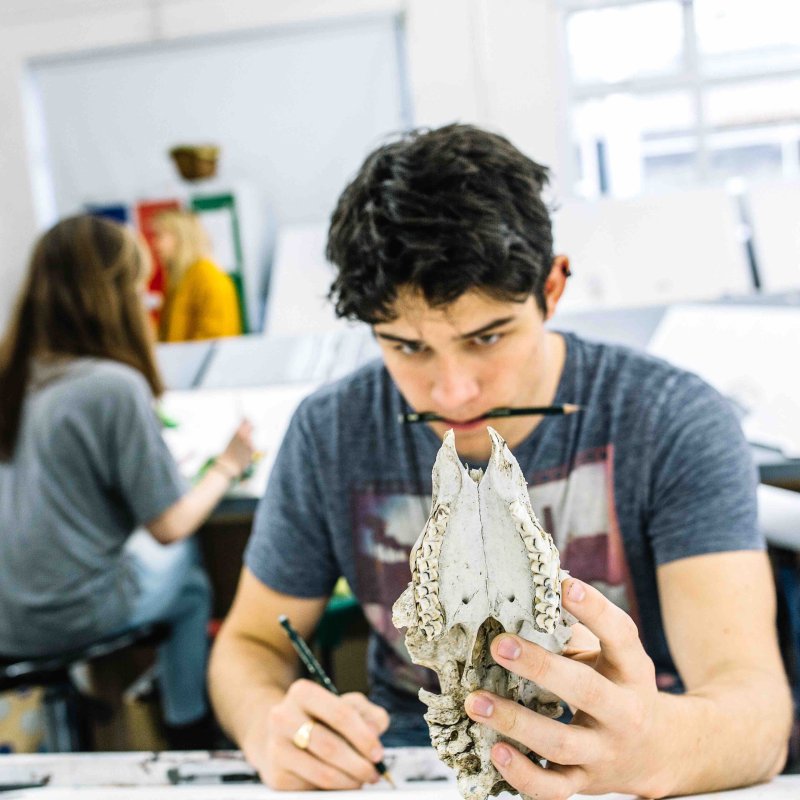

Drawing graduates Caroline Blythe and Hannah Davies will see their work toured nationally having been shortlisted for the Trinity Buoy Wharf Drawing Prize.
Stories from our community
Explore student projects, graduate successes, staff news and industry insights

Artwork by Katie Hewson
Graduate shortlisted for Drawing of the Year competition
04 July 2023
Drawing graduate shortlisted for Archisource’s prestigious Drawing of the Year award.
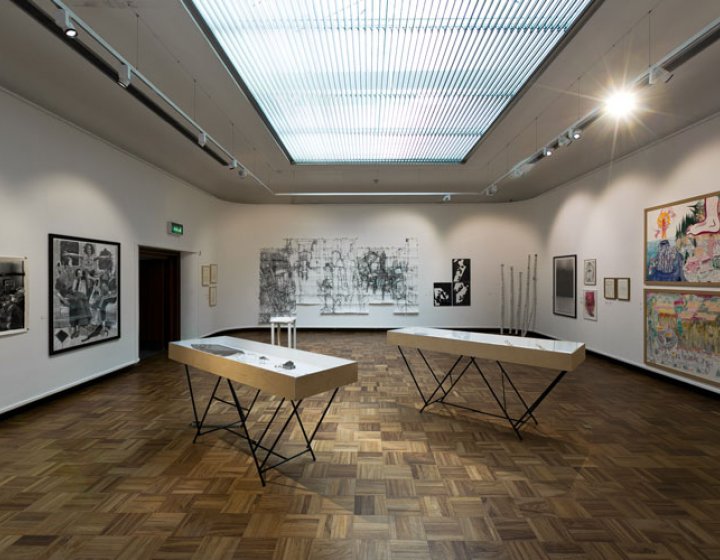
Falmouth graduates compete for a share of £27,000 at prestigious Drawing Award
22 October 2021
The Falmouth School of Art is celebrating a double success at the 2021 Trinity Buoy Wharf Drawing Pr...

Student Work Selected for China Clay Exhibition
12 February 2020
Work by two Drawing students has been selected to go on display at Wheal Martin. The exhibition...
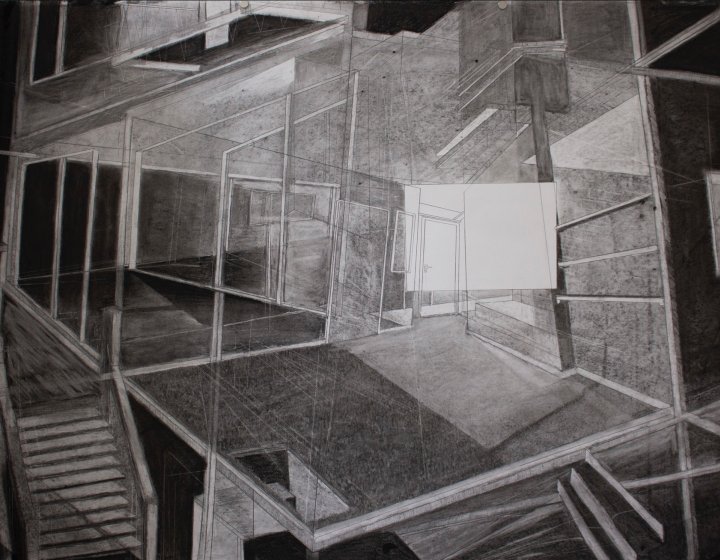
Graduate's Success in Major National Art Exhibition
03 February 2020
Drawing graduate Julia Watson has had her work selected for the Royal Society of British Artists (RB...

Student Wins Art Prize
04 September 2019
Drawing student Katherine Jackson has been awarded the Pegasus Young Artist Prize in the Sunday Time...

Fine Art Student Selected for Venice Fellowship
01 June 2019
Every year the Falmouth School of Art funds one outstanding final year student from BA(Hons) Fine Ar...

Tate Partnership Commences with Peer Leader Training
11 February 2019
First year Fine Art, Drawing and Illustration students have just spent four days working with artist...

Students Work with Artist Peter Matthews
11 December 2018
Students from BA(Hons) Drawing have enjoyed several inspiring trips and workshops this yea...
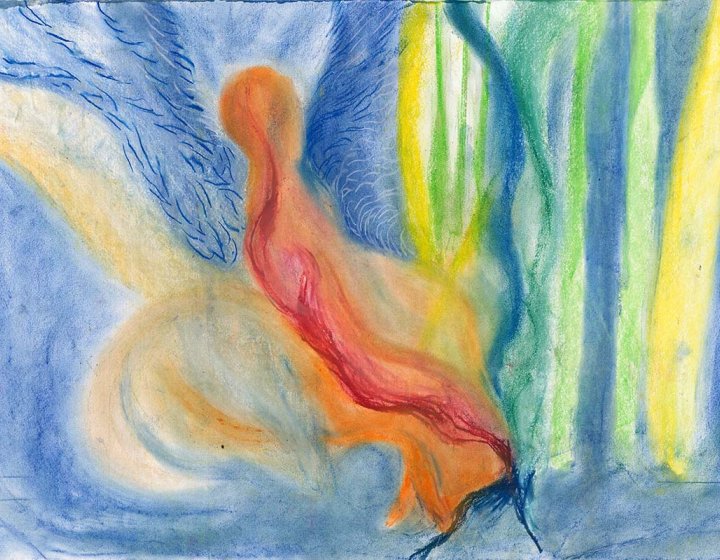
Students Collaborate to Create Art Workshop
12 June 2018
Artistic talent can be found in a myriad of places and people, and the ability to sense these creati...
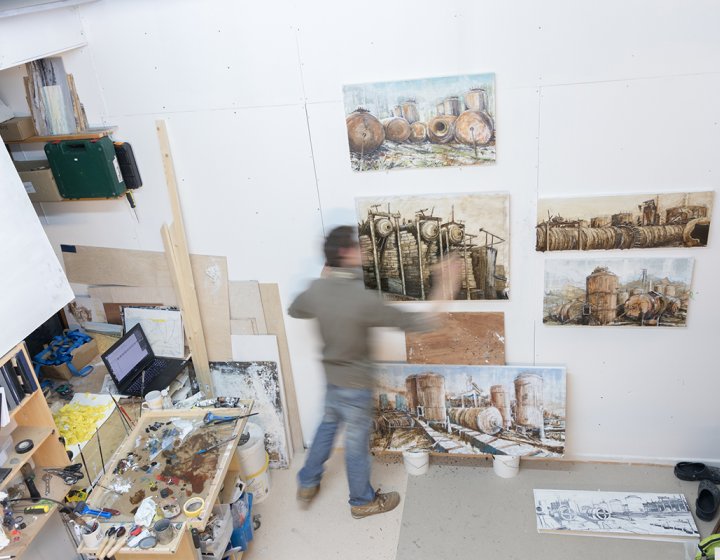
From Falmouth to Falklands
23 May 2018
Drawing graduate Theo Crutchley-Mack has undertaken a six-month residency in the Falkland Islan...
Facilities
- Dedicated individual studio space.
- Digital imaging suites, photography studios and equipment.
- Printmaking equipment and technical workshops.
- Life drawing studio.
- Extensive archives and library resources.
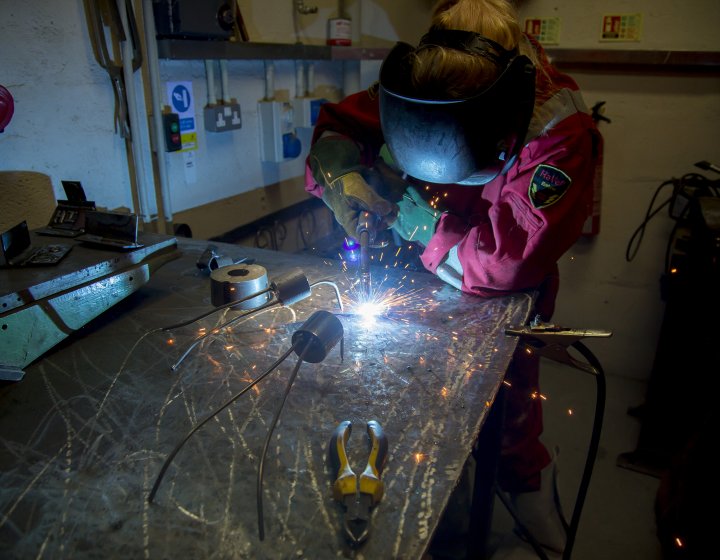
Art & Design Facilities
Primarily located at the Falmouth Campus in a subtropical garden, our studios and workshop facilitie...
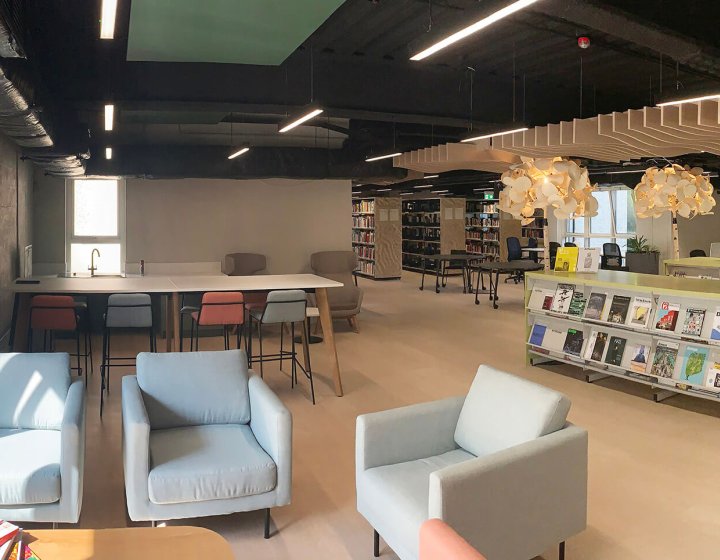
Library Facilities
Offering extensive collections, our two libraries provide a wealth of digital resources, magazines, ...

Sports Centre
Our Sports Centre, on Penryn Campus, includes a spacious gym with up to 90 of the latest, new statio...
Staff
Our team of academics, practicing artists and researchers, and award-winning practitioners have showcased their work internationally through practice-based research projects, commissions and residencies that engage drawing through dance, sculpture, painting, performance, ceramics and printmaking.

Dr Tom Baugh
Head of Art
Thomas is the Head of Art at Falmouth University. Thomas situates his artistic research ac...
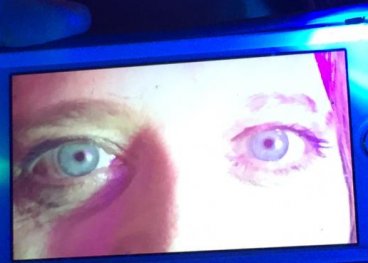
Rossella Emanuele
Course Leader, Drawing BA(Hons)
Sitting at the intersection of idea, material and process, Emanuele’s practice departs from the tr...
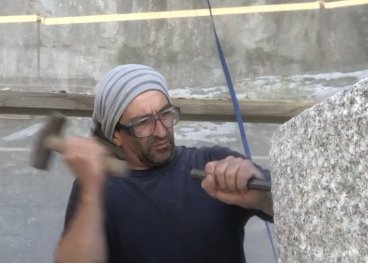
Dr David Paton
Senior Lecturer MA Fine Art and BA(Hons) Drawing
David is Senior Lecturer for MA Fine Art based at Woodlane Campus, and 1st Year Lead for BA(Hons) Dr...
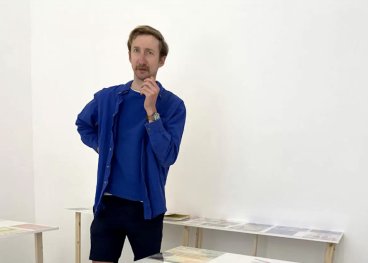
Charlie Duck
Module Leader and Senior Lecturer, Drawing BA(Hons)
Working across painting, drawing, printmaking and ceramics, Charlie's practice is dedicated to exper...
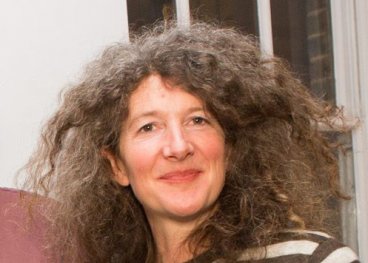
Tabatha Andrews
Associate Lecturer
Tabatha Andrews makes sculpture and installation that visualises memory and the energy of sound, exp...
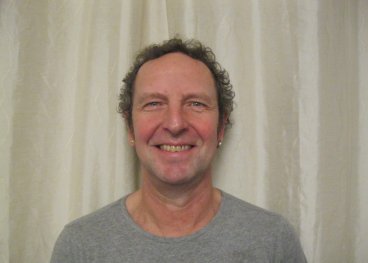
John Howard
Associate Lecturer: BA(Hons) Drawing
An award-winning painter and printmaker, John has exhibited regularly for over 25 years and has won ...
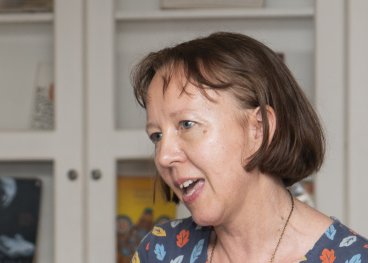
Dr Joanna Griffin
Associate Lecturer, Drawing BA(Hons) & Fine Art MA (Online)
I am an artist and educator from the UK with a research interest in the experiential dimension of sp...
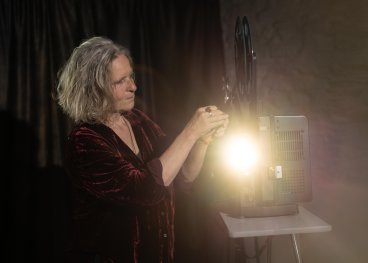
Karen Abadie
Associate Lecturer, Drawing BA(Hons)
Dr Karen Abadie is an installation and moving image artist working with video, analogue film and sou...

Elizabeth Tomos
Lecturer, Fine Art BA(Hons)
Elizabeth Tomos has been working in Higher Education since 2010 and is currently working as a Lectur...
Some members of staff only teach on specific modules, and your course might not feature every staff member who teaches on the course.
Careers
The BA Drawing course will equip you with a broad range of technical and transferrable skills, setting you up for an exciting career. Our graduates have worked in the following areas:
- Artists in professional fields, including botanical illustration, medical drawings, surface and pattern design, fashion and textiles, theatre and set design.
- Commercial/industry-based visual practice: plans and diagrams, elevations, and surveys.
- Design processes: 2D or 3D visualisation, planning, landscape, interiors and product engineering.
- Gallery and exhibition management, curatorial practice and arts consultancy.
- Community arts work and project organisation.
- Freelance practitioners in reportage, design, illustration, concept art, and visualisation.
- Educators in primary, secondary, further and higher education, as well as in museums and community settings.
- Researchers, lecturing and fellowships.
What can you do with a drawing degree?
A drawing, art or design degree will teach you skills that are relevant for multiple industries so you can follow a career path that is truly fulfilling for a lifetime.
Explore career prospects
How to apply
Ready to apply for 2025?
You can apply for our undergraduate degrees via UCAS. You'll need our university UCAS code (F33) as well as your course code (which you'll find on your course page) for your application.
| Course route | UCAS code |
|---|---|
| Drawing BA(Hons) three year degree | W110 |
| Drawing BA(Hons) with Integrated Foundation Year | FY10 |
| Drawing BA(Hons) with professional placement | PY18 |

Application advice & interview information
Go to ToolkitFor starting your studies in 2025
UK applications: 29 January 2025 (for equal consideration)
Applications after the 29 January will be considered on a first-come, first-served as long as there are places available. Apply for this course now.
International fee payers
International fee payers can apply throughout the year. But we recommend applying as early as possible, to make time for visa and travel arrangements.
We consider all applications on their own individual merit and potential. We invite all applicants to an interview day or audition to give them the opportunity to demonstrate this along with what inspires and motivates them in their field. Applicants will also be able to show their portfolio or give a performance depending on the course. We welcome applications from all subject backgrounds, whether you’ve specialised in STEM, the arts or humanities.
Course routes & entry requirements
BA/BSc(Hons) three year degree: 104 – 120 UCAS Tariff points
BA/BSc(Hons) four year degree with professional placement: 104 – 120 UCAS Tariff points
BA/BSc(Hons) four year degree with Integrated Foundation Year: 80 – 120 UCAS Tariff points
Check the title of your course to see if it's a BA or BSc award. UCAS Tariff points will primarily be from Level 3 qualifications such as but not limited to A-levels, T Levels, a BTEC/UAL Extended Diploma or a Foundation Diploma.
For applicants whose first language is English we require you to have or be working towards GCSE English Language Grade 4 (C), or equivalent.
If English is not your first language you will need to meet the same standard which is equivalent to the IELTS Academic 6.0 overall score, with at least 5.5 in Reading, Writing, Speaking and Listening. We accept a range of in country equivalencies and approved tests.
If you need a student visa to study in the UK, you may need to take a recognised language test. You can read our English Language Requirements for more information.
Fees, costs & funding
Tuition fees
| Annual tuition fee | Student |
|---|---|
| £9,535 per year | Full-time UK |
| £17,950 per year | Full-time EU/international |
| £1,905 per professional placement year | Full-time UK and EU/international |
| £9,535 per Integrated Foundation Year | Full-time UK |
| £17,950 per Integrated Foundation Year | Full-time EU/international |
| Annual tuition fee | Student |
|---|---|
| £9,250 per year | Full-time UK |
| £17,950 per year | Full-time EU/international |
| £1,850 per professional placement year | Full-time UK and EU/international |
| £9,250 per Integrated Foundation Year | Full-time UK |
| £17,950 per Integrated Foundation Year | Full-time EU/international |
Tuition fees for September 2026 will be confirmed in summer 2025.
Tuition fees are set annually and are subject to review each year. The University may therefore raise tuition fees in the second or subsequent years of a course, in line with inflation and/or the maximum permitted by law or Government policy. Students will be notified of any changes as soon as possible.
The figures above don't include accommodation and living costs
Typical course costs
- £250 - Recurring annual costs (materials and local study visits etc)
If you need to bring equipment or materials with you, these will be outlined in your Welcome Letter.
Additional typical course costs for Integrated Foundation Year pathway
- £250 for materials
- A laptop/desktop computer
- Adobe Creative Suite
To engage in the digital learning activity, although you will be able to access IT suites on campus, you will benefit from a laptop to access the platforms and tools we use. Depending on your subject, you may need a specific type of computer. If you're unsure about what you might need, please contact our course advisors.
Funding
For information about funding available, please visit our student funding pages.
Ask a student
What better way to find out about life at Falmouth University than by asking our current students?
From course details and academic support, to the social scene and settling in, our students are ready and available to answer any questions you might have. Simply set up your account, send them a question and they'll get back to you within 24 hours.
Similar courses

Illustration BA(Hons) (Online)
Gain the professional practice and entrepreneurial skills needed to turn your talent into a successf...
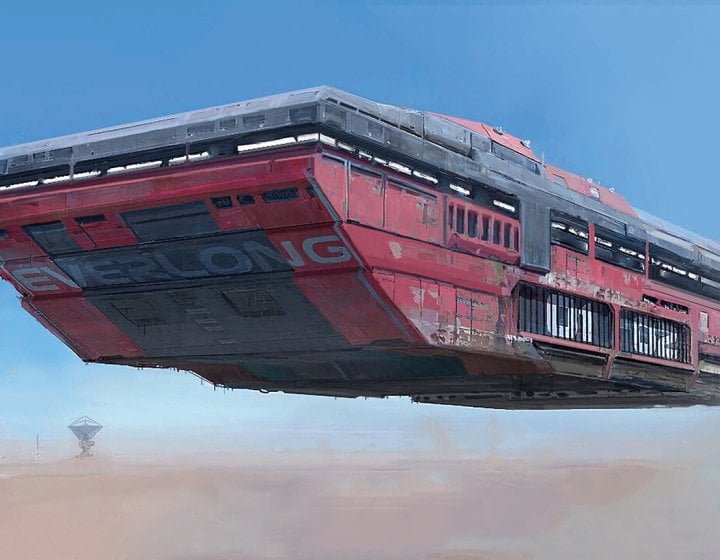
Game Art BA(Hons)
Work in multi-skilled collaborative teams and graduate as a confident, industry-ready game artist. ...

Illustration BA(Hons)
Become adept at problem solving and creating your visual language on this Illustration degree, renow...
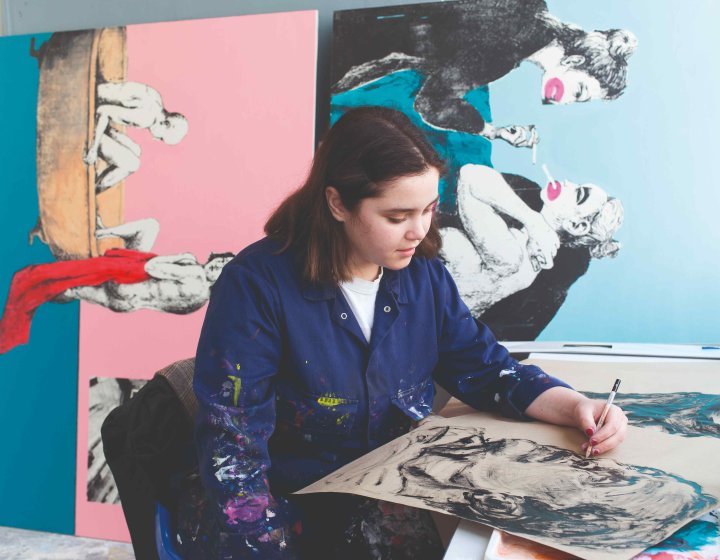
Fine Art BA(Hons)
This highly-respected course aims to support the development of your practice as it evolves over the...
Open Days and events
From visiting campus to online application advice, get all the information you need about joining our creative community.
Find an event
